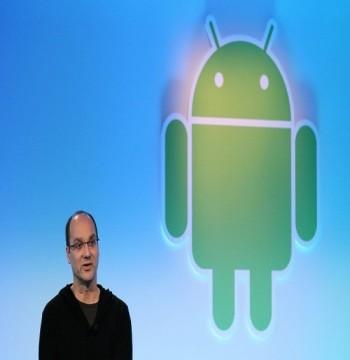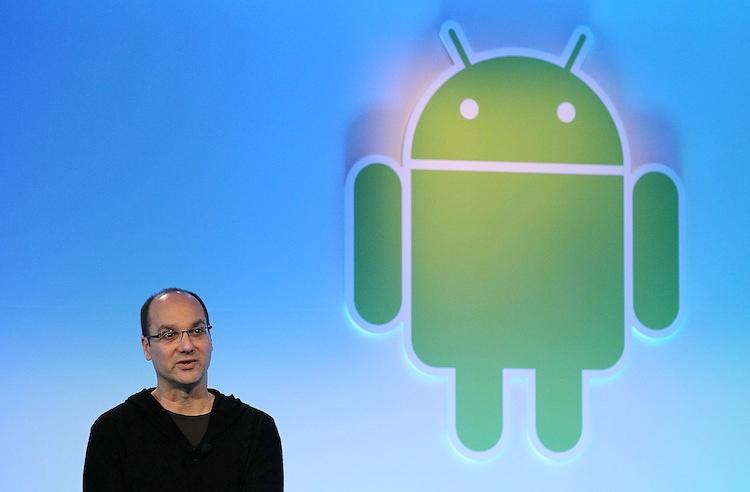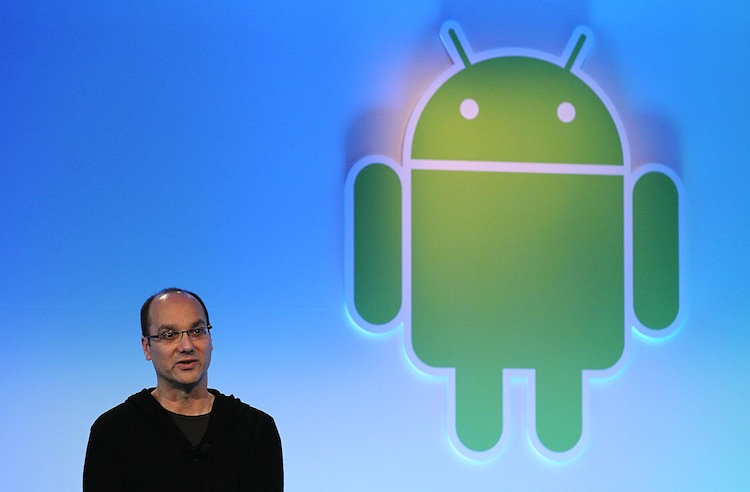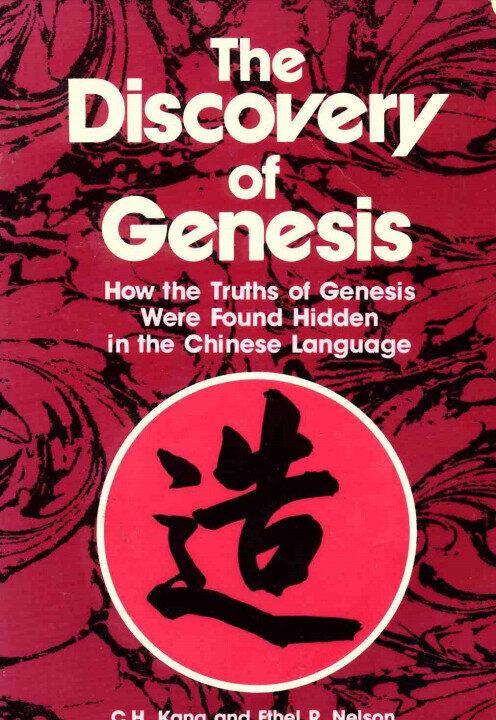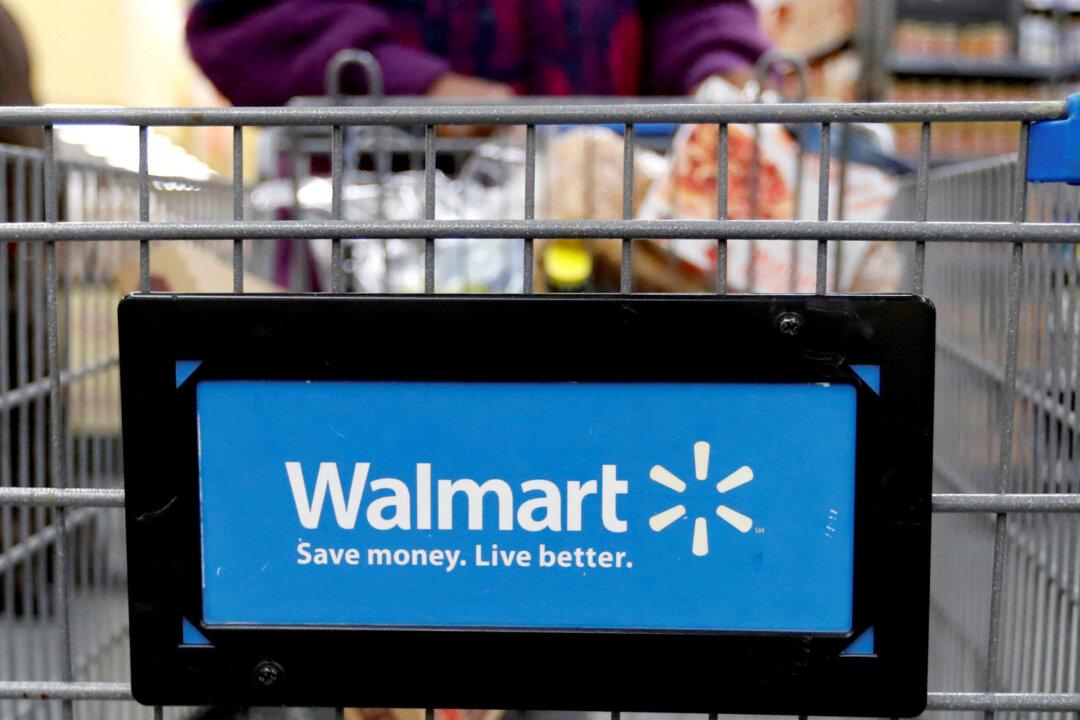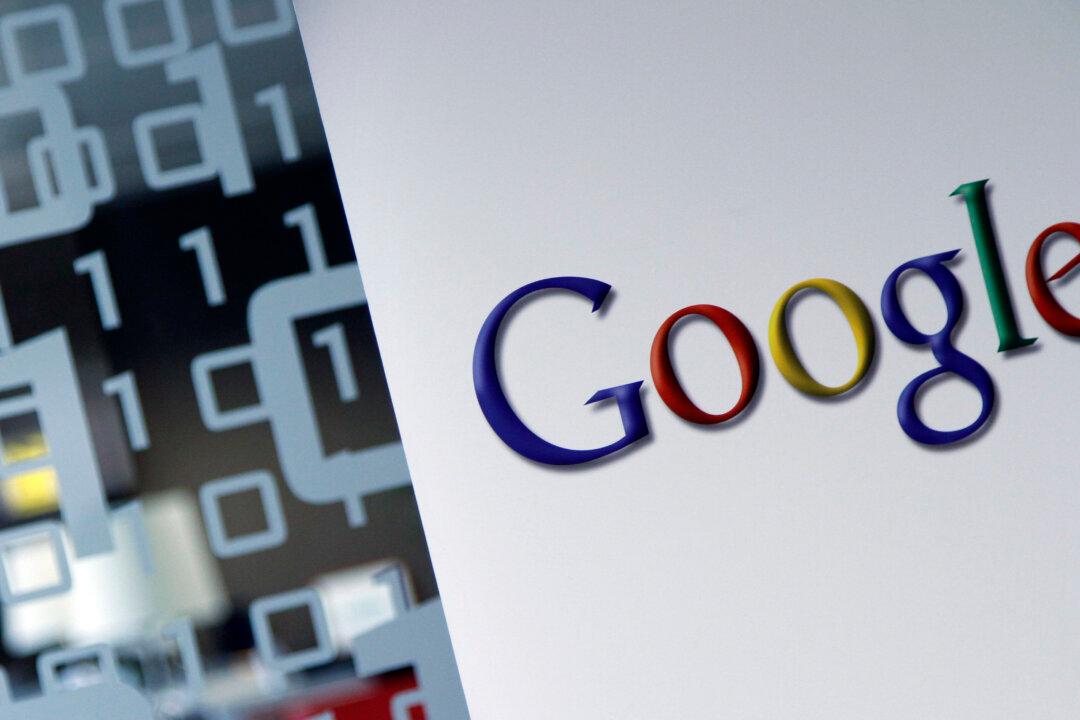Judge William Alsup ruled against Oracle in the long-winded legal case involving Google’s use of Java in the Android operating system that began in 2010.
What Oracle had once touted as a $6 billion case has now fizzled out, leaving the database giant with nothing but hefty legal bills to show as it prepares to fight two other tech heavyweights - SAP and Hewlett-Packard - in unrelated “billion dollar” lawsuits over the coming weeks.
With the ruling on the “structure, sequence and organization” (SSO) and use of the 37 specific application programming interface (API) claims - put forth in a 41-page detailed ruling by the judge - Google has won the Android-Java trial completely, having won both the copyright and patent rounds of the trial.
A jury last week unanimously voted against Oracle on all questions related to its assertion of two patents and nine claims in the patent phase of the trial.
In his ruling on copyright claims, the judge cited previous cases in the circuit court and other U.S. courts, concluding, “it holds on the specific facts of this case, the particular elements replicated by Google were free for all to use under the Copyright Act.”
Not Broad Ruling for Software Industry
However, the judge also restricted the ruling to apply to only the specific case and the use of the 37 specific APIs in the Java language, meaning that the ruling was not a broad one that the software industry and many programmers had hoped to get clarification on. Judge Alsup concluded in his ruling, “This order does not hold that Java API packages are free for all to use without license. It does not hold that the structure, sequence and organization of all computer programs may be stolen.”
Instead, the judge ruled specifically on the use of some Java APIs in Android, stating, “In closing, it is important to step back and take in the breadth of Oracle’s claim. Of the 166 Java packages, 129 were not violated in any way. Of the 37 accused, 97 percent of the Android lines were new from Google and the remaining three percent were freely replicable under the merger and names doctrines.”
That means the broad question of whether APIs can be copyrighted--something that had the entire software industry in tenterhooks--is something that will decided another day, possibly by another legal case, but not this one.
The jury involved in the trial had earlier given a mixed verdict in the first round of copyright damages, deadlocking on the important question of “fair use” of Java in Android. An unanimous ruling on that question would have led to a victory for the side that the jury had found for, but the deadlock meant that the copyright question had to be addressed by the judge. The jury foreperson, in an interview with press after the jury was dismissed, said that the jury had been 9-3 in favor of Google on the fair use question.
Oracle said that it would appeal the case in a statement: “Oracle is committed to the protection of Java as both a valuable development platform and a valuable intellectual property asset. It will vigorously pursue an appeal of this decision in order to maintain that protection and to continue to support the broader Java community of over 9 million developers and countless law abiding enterprises.”
Shortly after the ruling, Google released a press statement saying, “The court’s decision upholds the principle that open and interoperable computer languages form an essential basis for software development. It’s a good day for collaboration and innovation.”
The ruling brings to end one of the most closely watched legal cases in the software industry in recent years, as the 2010 lawsuit that Oracle brought against Google expanded from a Java-Android copyright and patent fight to a broad API copyright trial which could have affected the entire software industry.
